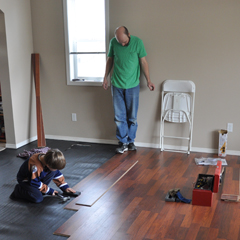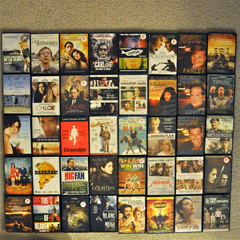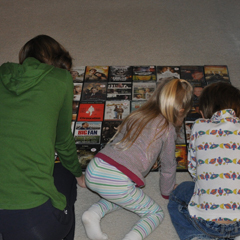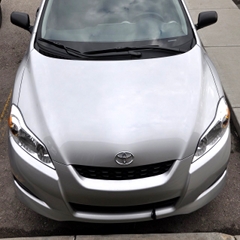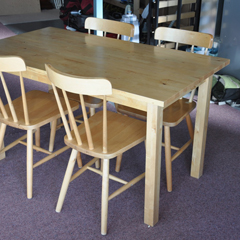
Two books by two men from vastly different backgrounds, though still grounded in Christian tradition, tackle the meaning of society and what it means to live side by side with one another through a collection of their essays.
Sex, Economy, Freedom & Community
by Wendell Berry
Wendell Berry is a giant thinker and wildly counter-cultural. He is a farmer in Kentucky, but he is highly regarded by organizations such as Stanford University, Rockefeller & Guggenheim Foundations, etc. What is lovely about Mr. Berry is that he is living out what he is advocating for in regards to community life, local economies, participating in the restoration of creation, and political activism. Most of all, he is a passionate Christian.
In one chapter, Berry systematically tears down all of the arguments that George Bush Sr. had for attacking Iraq in the early 90s. In another he defends the harvest of tobacco - a coy poke at modern liberalism, though not insincere on the tobacco side either. Another chapter is almost pure satire on the topic of globalization, militarism, and technological progress. Elsewhere he harshly attacks the notion of free trade. These were enjoyable reads, but the real meat in the book were the ones directly addressing the affirmatives in how he believes people made in the image of God ought to live.
Berry is best when he points out nuanced, and sometimes drastically unbalanced, ways we see the world - creation. He points out that a word like environment "is a typical product of old dualism that is at the root of most of our ecological destructiveness." What's the big deal? Well, it removes local responsibility and care. The term "environment" is sterile, like "ecosystem," it is just a scientific concept rather than a reality of the actual ground in our literal back yard or nearby forest or the field that is ploughed in our neighbourhood.
Berry's treatise on heaven and earth is particularly refreshing. Heaven is the New Earth - a fully restored, functioning earth right where we already are. How should this inform a Christian's actions in local economies? He reignites the concept of dualism and how it has destroyed our ability to truly engage restorative actions in our current life since we believe the spiritual soul is certainly of more import than the decrepit body. It isn't
person = body + soulrather, it is
soul = body + breath of lifeRecognizing that the physical realities are indeed spiritually significant changes all paradigms.
Culture, Commonweal and Personhood
by Lazar Puhalo
As I reported earlier, I had the great privilege of meeting Archbishop Puhalo this past summer. To hear him state his qualifications, you would think he is an astrophysics lecturer at the Sorbonne with a part time neurobiology post at UBC. In reality, he is a highly educated, highly respected clergyman who has been able to take part in countless public dialogues with great scientists on the issue of science and faith. He lives at the Monastery of All Saints outside of Abbotsford, BC where he continues in his retirement to serve as a local bishop in the small chapel there as well as the official liaison between the Archdiocese of Canada and the Government of Canada.
This book takes several of its essays from actual talks Puhalo delivered at various conferences in Romania within the last 10 years. He talks through how science is poorly understood and viewed without a patristic understanding of Christian theology. He lays out the pros and cons of ecumenical dialogues. The idea of personalism is analyzed thoroughly in its historical evolution and its contrast with Orthodox principles.
In general though, it is societal, religious, and philosophical paradigms that are defined, shown insufficient, and revealed how they are incompatible with Christian thought. Though the text is very dense, I was able to follow Puhalo's organized stream of consciousness, and learn a few things in the process. I was both affirmed and challenged.











